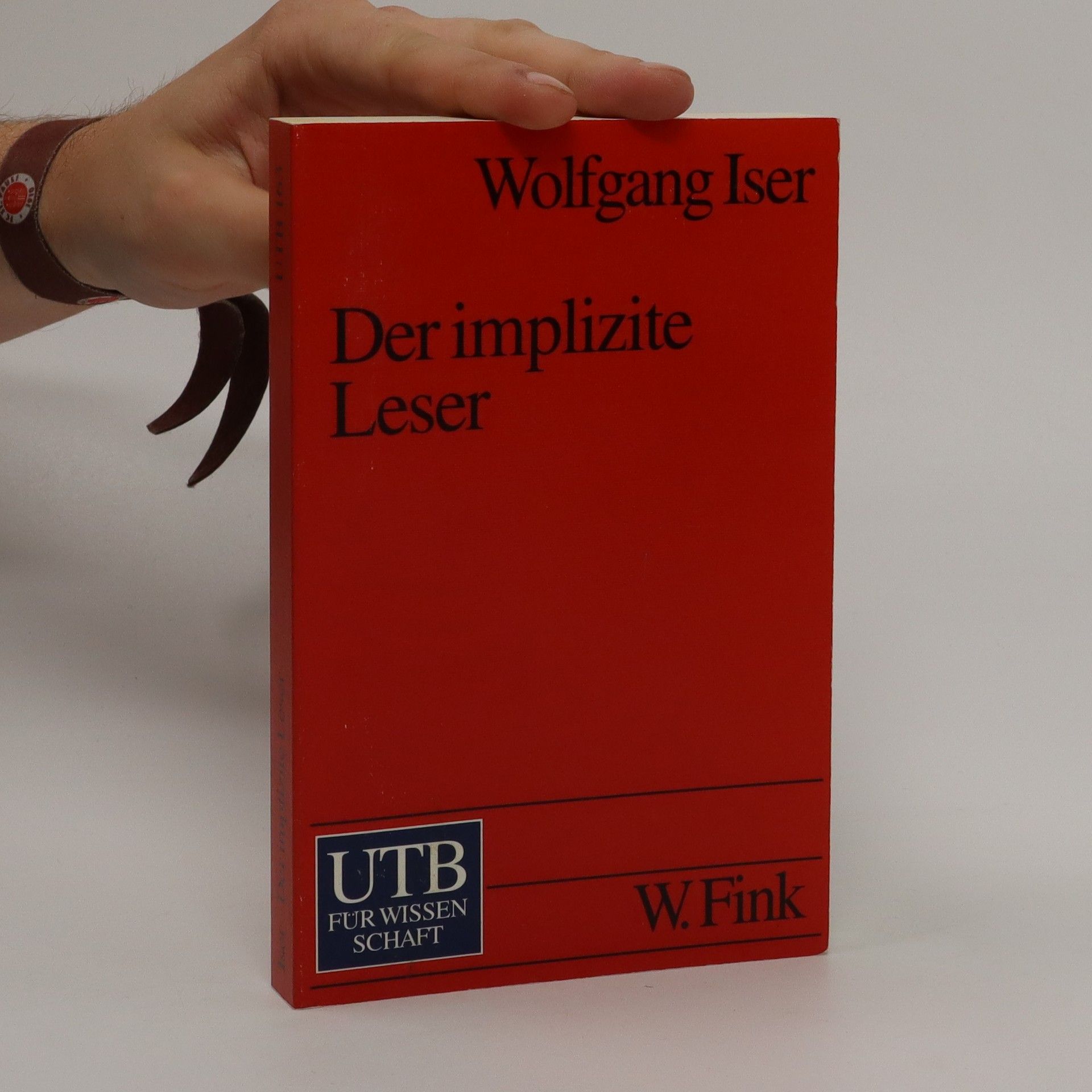The pioneer of "literary anthropology," Wolfgang Iser presents a wide-ranging and comprehensive exploration of this new field in an attempt to explain the human need for the "particular form of make-believe" known as literature. Ranging from the Renaissance pastoral to Coleridge to Sartre and Beckett, The Fictive and the Imaginary is a distinguished work of scholarship from one of Europe's most respected and influential critics.
Wolfgang Iser Boeken

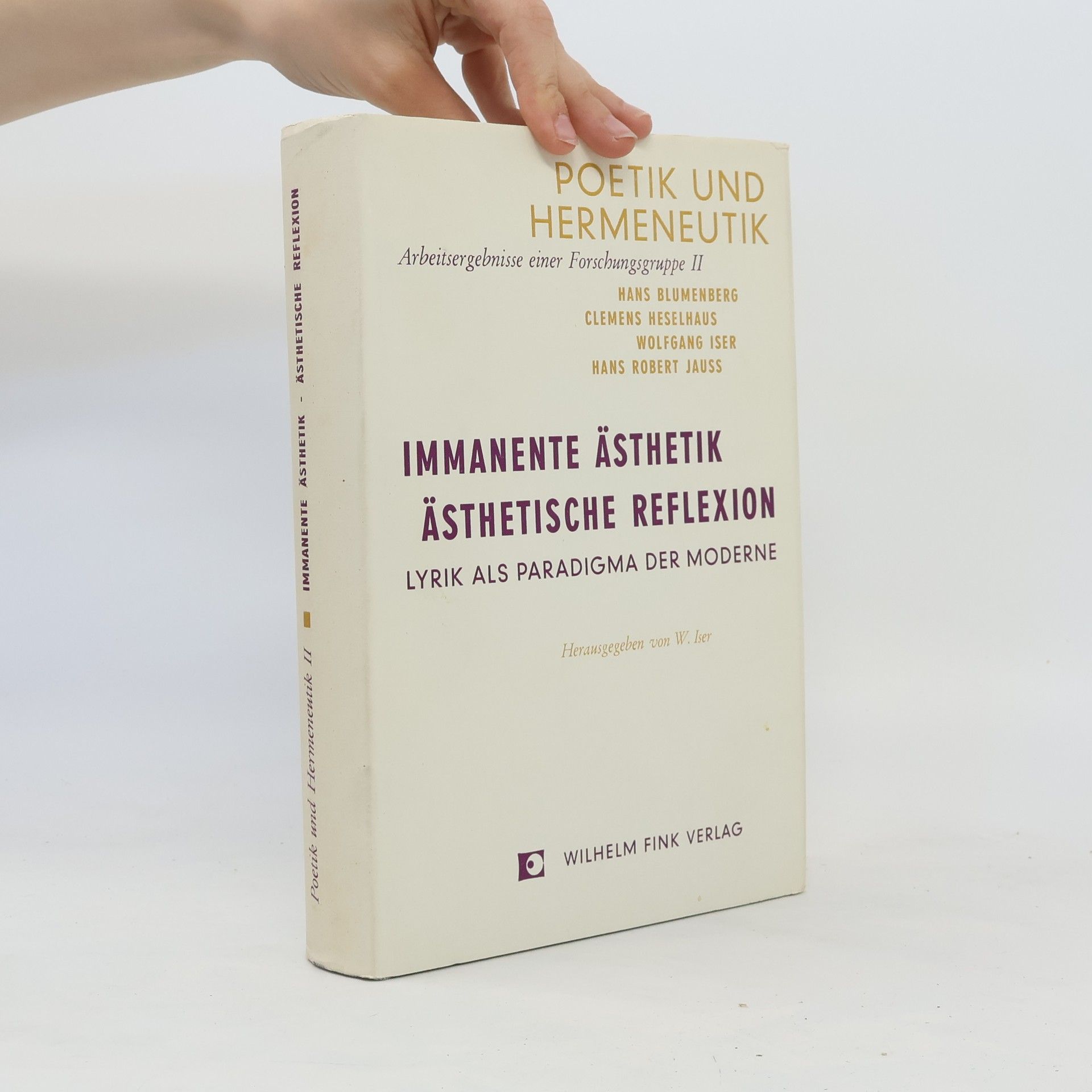


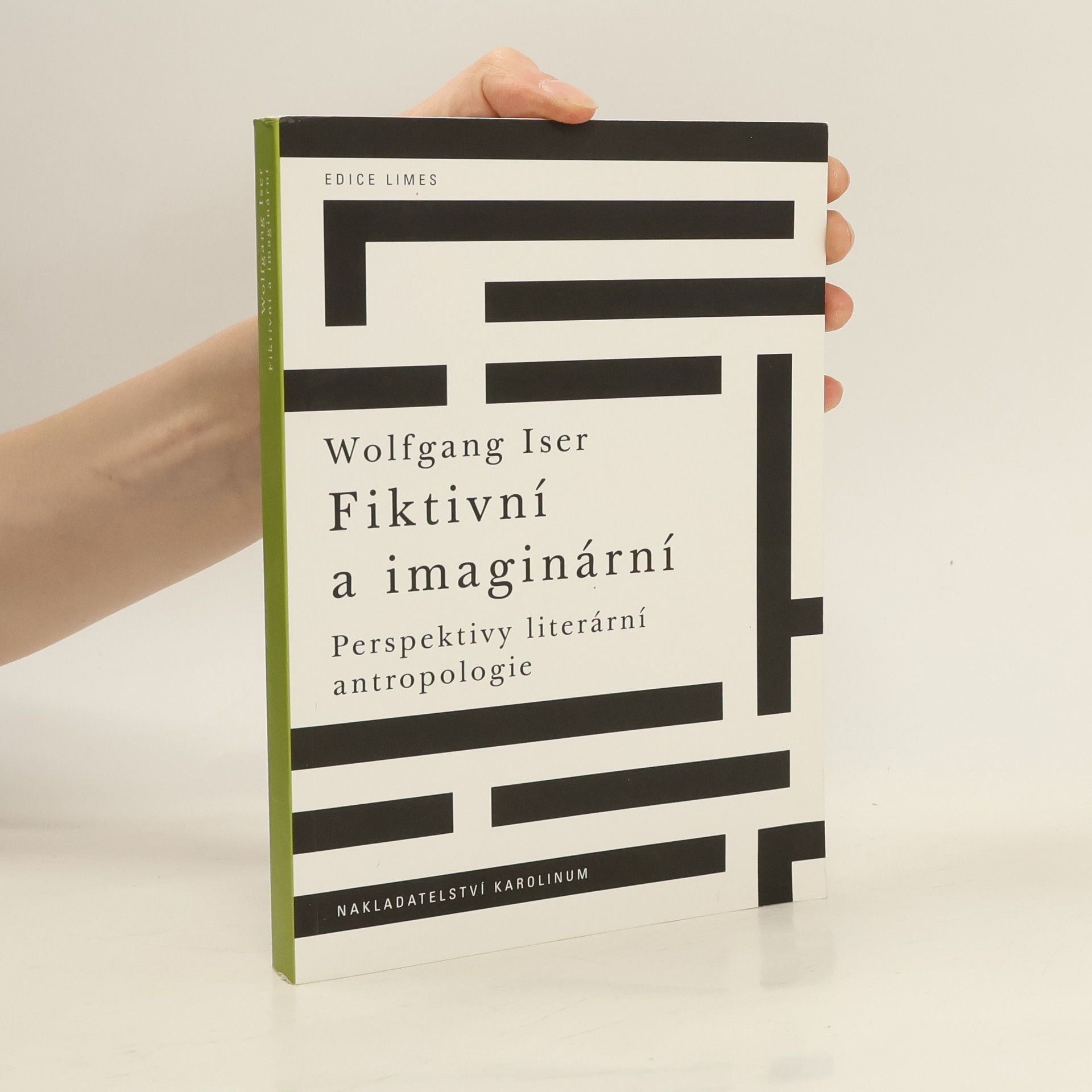
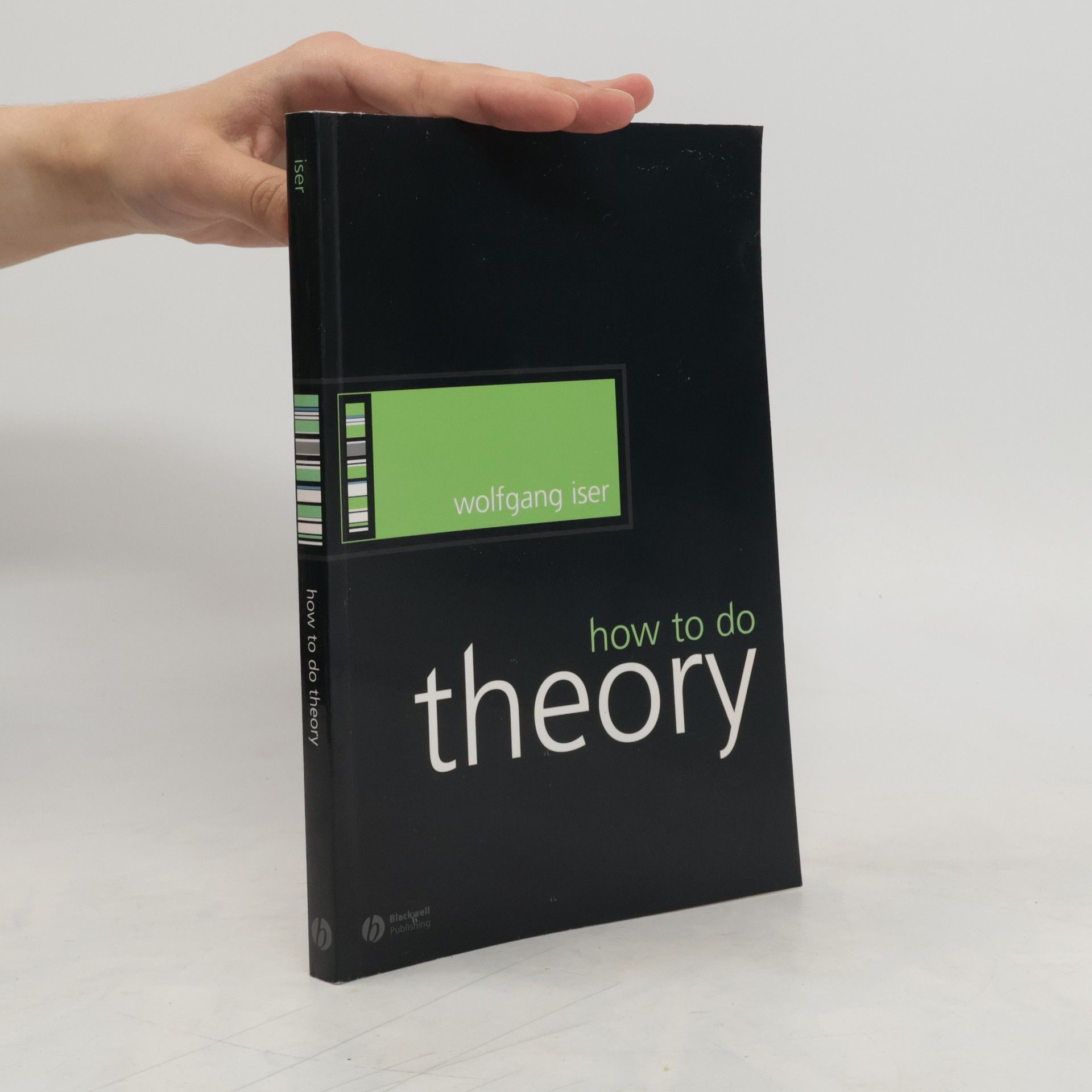
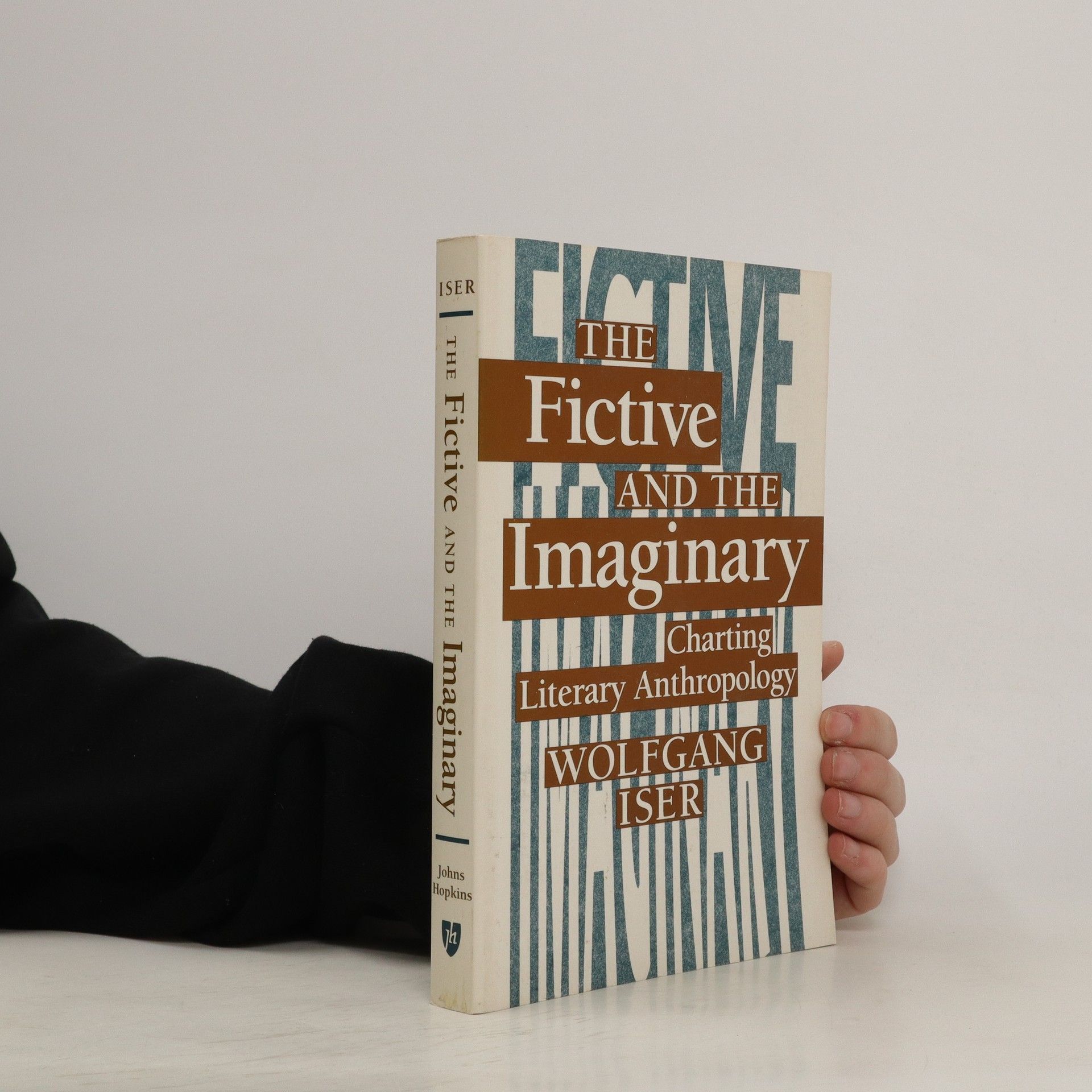
An introduction to modern theories of literature and the arts. * Represents a wide variety of theories, including phenomenological theory, hermeneutical theory, gestalt theory, reception theory, semiotic theory, Marxist theory, deconstruction, anthropological theory, and feminist theory.
Fiktivní a imaginární
- 378bladzijden
- 14 uur lezen
Klasické dílo známého kostnického profesora anglistiky a literární vědy ukazuje v historické i systematické perspektivě dvě klíčové kategorie zakládající literaturu. V pozadí stojí otázka, zda mají fiktivno a imaginárno charakter antropologických konstant, díky nimž lze získat náhled na základní lidskou potřebu představivosti. Iser chápe literaturu jako zrcadlo, jako nástroj lidského druhu k sebepřekračování a k poznávání světa. V této knize podává výklad svého pojetí literární antropologie, které přesahuje tradiční hranice kulturní či filosofické antropologie.
Mírně rozšířená verze proslovu proneseného 5. července 1991 u příležitosti otevření postgraduálního kursu Teorie literatury v rámci oboru literární věda na Univerzitě v Kostnici.
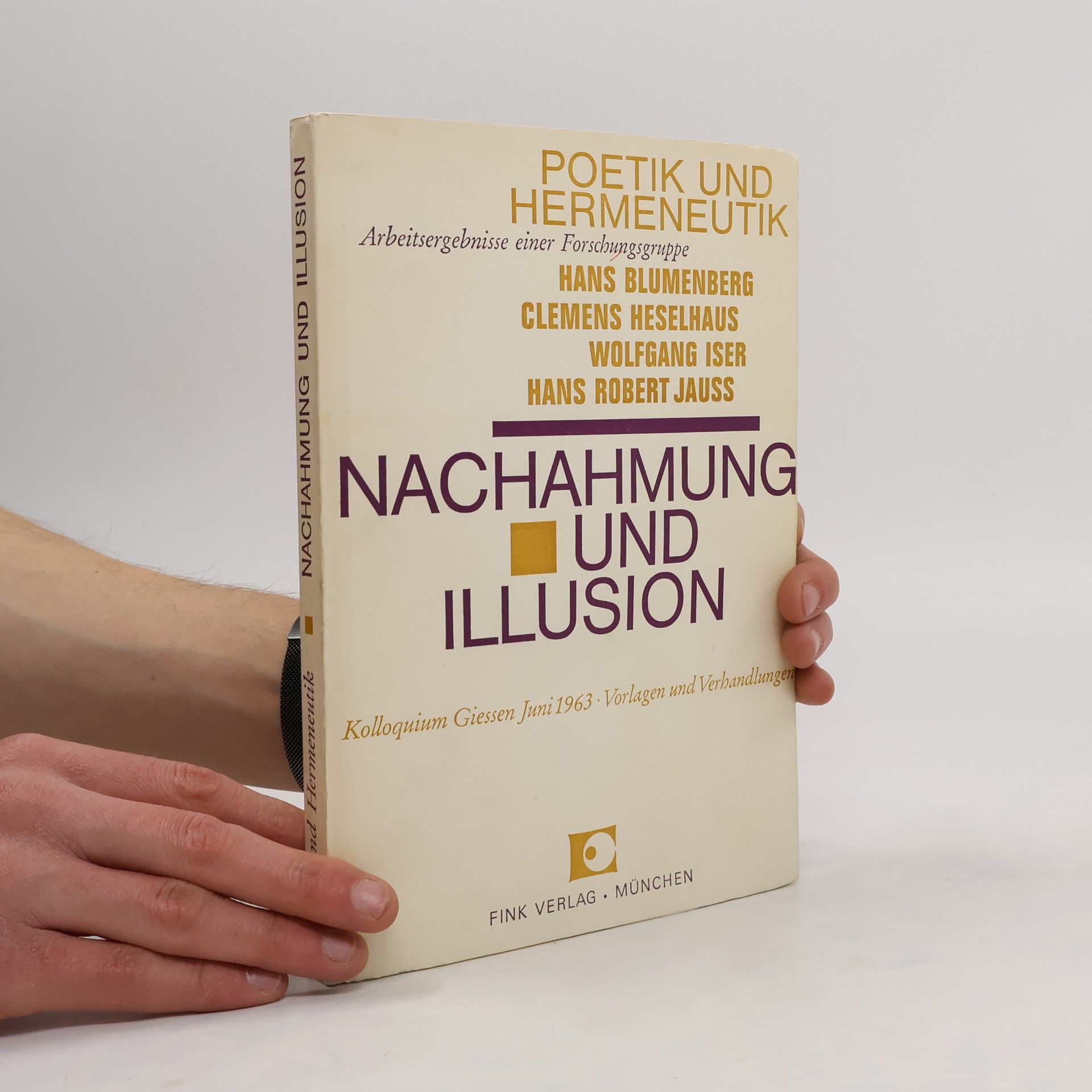

![Henry Fielding und der englische Roman des 18. [achtzehnten] Jahrhunderts](https://rezised-images.knhbt.cz/1920x1920/0.jpg)
